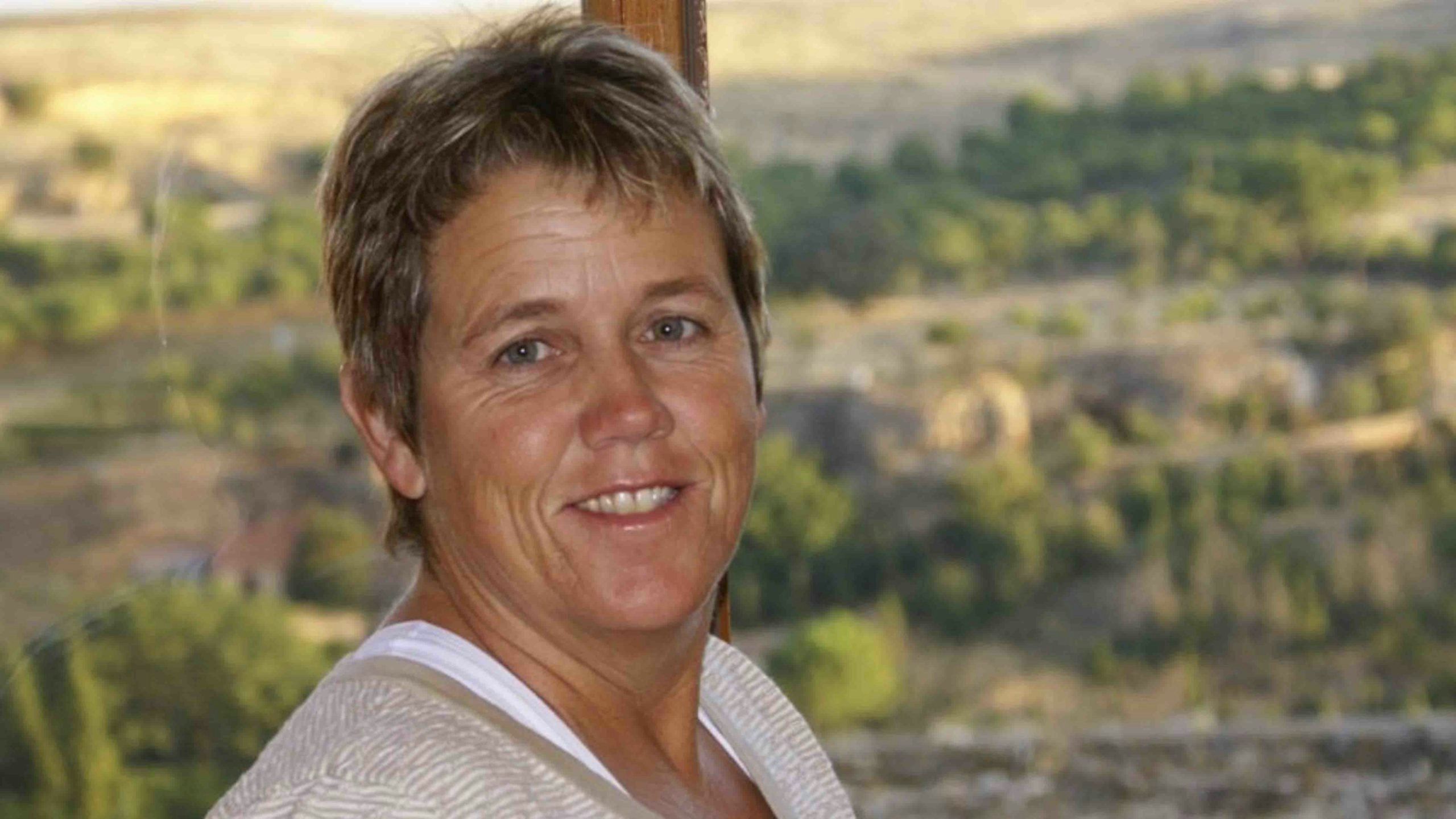With week one of the Wyoming legislative session in the rearview mirror, I feel like it’s time to rejoice.
What do we have to celebrate, five days into a 20-day session? I’m celebrating that half the bills that were filed are already dead, either voted down for introduction or simply not considered for introduction by the deadline.
Yes, we lost some good bills, but the legislature also eliminated a bunch of bills that weren’t needed to address pressing issues, allowing more time for deep deliberations on top priority items. And with about 180 bills still in play, legislators have a big workload and a short timeframe.
By necessity, the budget session should be focused on approving the budget and sorting through the details of the best way to provide property tax relief to our citizens, but some of the other bills are worthy of legislative consideration as well and shouldn’t take much time.
The committee bills usually receive the most attention, and rightly so since by being passed out of committee means that they’ve already been subject to discussion and deliberation by the committee through public meetings. But this is a weird year and 13 of the committee bills were killed at introduction, which seems like a waste of time and money.
I’m always intrigued by the bills put forth by individual legislators and their co-sponsors. These bills generally aren’t addressing something already covered by a committee, and usually address a particular need identified by constituents. This is a year to “look for the helpers.”
For example, Senate File 69 by Senator Bill Landen would increase the Medicaid reimbursement rate for hospice care to equal that of the Medicaid rate provided for patients in nursing homes.
The reimbursement rate is currently only half the Medicaid rate for nursing home room and board, so this is a terrific fix for families dealing with end-of-life care. The program would cost $225,000 per year.
Senator Dan Furphy’s SF57 would create a program to provide hearing aids for hearing-impaired adults who are unable to qualify for assistance under other programs. The program would cost $99,000 per year.
SF45 sponsored by Senator Tara Nethercott would allow for civil lawsuits against any person who exploits a vulnerable adult, including the ability to recover damages and attorney’s fees for the exploitation.
HB66, by Representative Landon Brown authorizes firefighters who have performed these duties for 10 years or more to receive annual cancer screenings under the Wyoming worker’s compensation act.
The bill recognizes that firefighters are exposed to cancer-causing agents while firefighting, and the bill assumes about 1,159 Wyoming firefighters would be eligible for the cancer screenings.
HB81, sponsored by Representative Dalton Banks, would eliminate the training mandate for "public officers” while maintaining the requirement that the state provide instruction on the proper handling of accounts and provide comprehensive written materials.
This bill addresses concerns state concerns that local government boards conduct their operations in accordance with state requirements but gets rid of the mandatory training requirement that has caused so much concern for volunteers who serve on these boards.
HB93 by Representative Scott Heiner would increase the amount the Wyoming Livestock Board could reimburse a livestock producer for the cost of a quarantine from $25,000 to $50,000. The bill recognizes the substantial cost put on producers when animals are quarantined.
I was a disappointed that Representative Clarence Styvar’s House Bill 107 already met its demise, but perhaps this bill would be more appropriate in a general session.
This addresses a problem that sometimes occurs with renewal of a commercial driver’s license when the driver fails to provide a current medical qualification by the deadline.
Under current law, the state can disqualify or downgrade the CDL, but this bill allow the state to reinstate the CDL if the driver gets the certificate submitted within 60 days of the license expiration, without the need to go back and take the knowledge and driving tests again.
It’s a simple fix to a problem that impacts a limited group of people (commercial truck drivers), but a 60-day grace period would go a long way to helping these folks out when they screw up and don’t get their medical certificates filed.
But the House did not consider it for introduction by last Friday's deadline, so it’s dead for this session.
Cat Urbigkit is an author and rancher who lives on the range in Sublette County, Wyoming. Her column, Range Writing, appears weekly in Cowboy State Daily.





